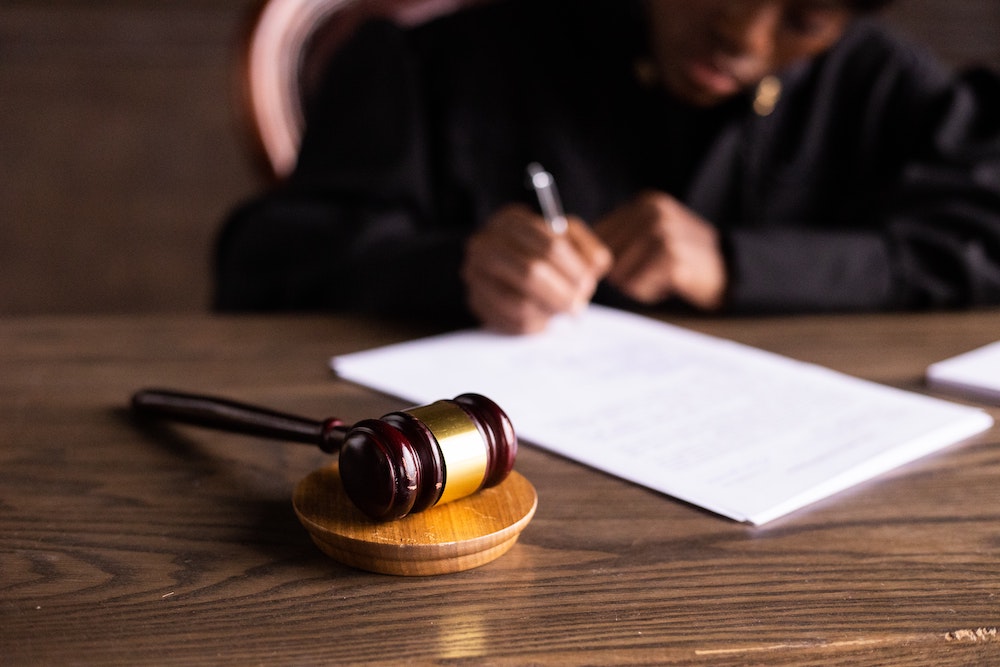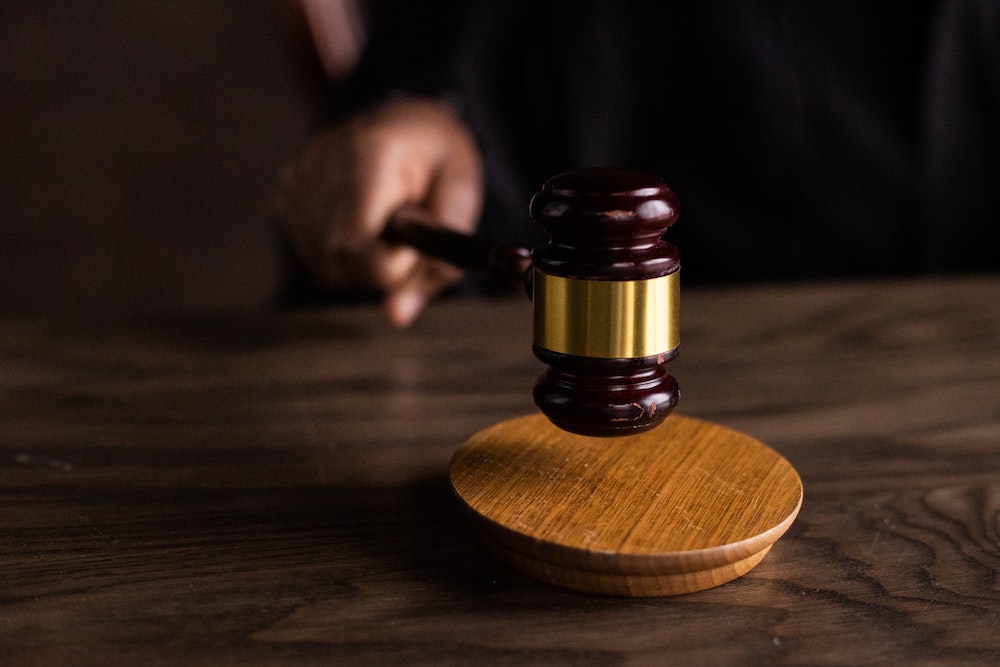A section 810 peace bond, also known as a recognizance with conditions, is a legal order issued by a court that requires an individual to keep the peace and be of good behavior for a specified period of time. This type of bond is often used in cases where an individual has been charged with a criminal offence, but has not yet been convicted.
The purpose of a section 810 peace bond is to ensure that the individual in question does not engage in any further criminal activity while they are awaiting trial or sentencing. In order to obtain a peace bond, the individual must agree to certain conditions set by the court, such as staying away from certain individuals or locations, not possessing weapons, and submitting to regular check-ins with a probation officer.
To be granted a section 810 peace bond, the prosecution must show that there are reasonable grounds to believe that the individual in question will commit a criminal offence in the future if they are not ordered to keep the peace. The prosecution must present evidence such as previous criminal history, witness statements, or other relevant information to the court to support this belief.

Once a section 810 peace bond is issued, the individual must comply with all of the conditions set by the court or face the possibility of being charged with a criminal offense. If the individual does not comply with the conditions of the peace bond, they can be arrested and charged with a breach of recognizance, which is a criminal offense.
It is important to note that a section 810 peace bond is not a criminal conviction and does not result in a criminal record. However, if the individual is subsequently convicted of a criminal offence, the fact that they were previously issued a peace bond may be taken into consideration during sentencing.
In summary, a section 810 peace bond is a legal order issued by a court that requires an individual to keep the peace and be of good behavior for a specified period of time. It is often used in cases where an individual has been charged with a criminal offence, but has not yet been convicted, and is intended to ensure that the individual does not engage in any further criminal activity while they are awaiting trial or sentencing. It is important for individuals to understand the conditions set by the court and comply with them or face the possibility of being charged with a criminal offence.
If you or someone you know has been charged with Assault, contact De Boyrie Law today for a free consultation at this link. If your matter is immediate please contact us at (416) 727-1389. De Boyrie Law serves Toronto, Vaughan, and the Greater Toronto Area.
Stacey is a student at De Boyrie Law. She is currently studying to complete the BAR and is expected to join our firm once she has completed studies.

